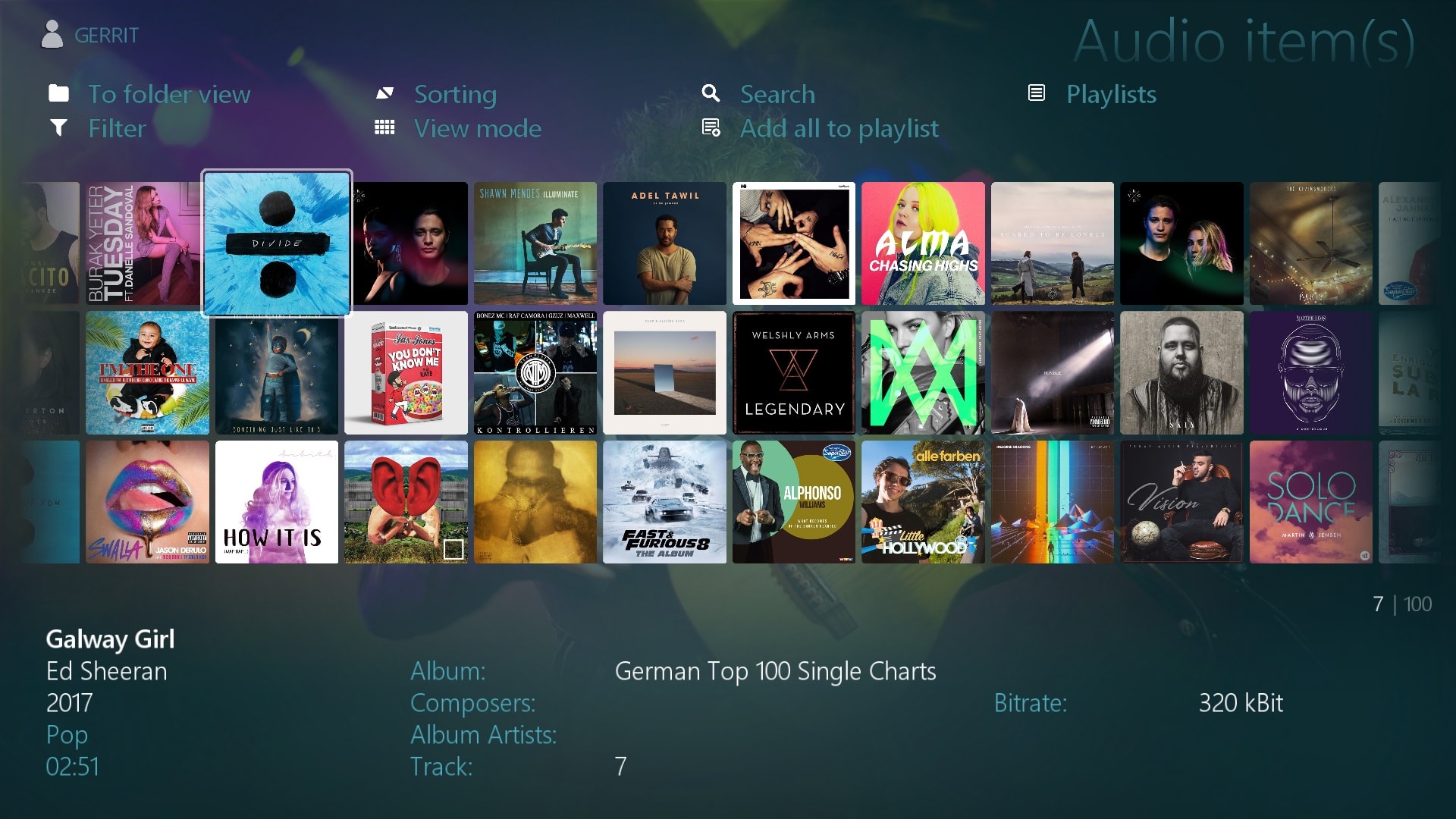


As soon as the collection author adds something, the change is pushed to the workshop and all subscribers. They are automatically updated quickly and effortlessly. Collections are handled just like other subscriptions on the workshop. These collections allow test chamber creators to create a series of levels to be played in sequence. The workshop also allows users to easily create collections of levels to be subscribed to by other users. When an update is sent to the workshop, the update is automatically downloaded and applied for anyone who is subscribed to that particular test chamber. Test chamber updates are handled much like game updates are for Steam. Players can also create, publish, and manage their own test chambers directly to the workshop from inside the game. The integration between the game and the workshop goes beyond just installing content made by other users. With the steam workshop, however, users just have to click one button and Steam handles all of the downloading and installing for the user. Most of the time with mod-friendly games, one has to go into the game’s file structure on one’s PC to install a new level, mod, or other user generated content. It allows users to easily find the best content and install it smoothly. The steam workshop is a unique advancement in user-generated content distribution. The tool allows users to create test chambers to upload to the Steam Workshop to be played by others. The tool, which is the main feature of the Perpetual Testing Initiative update, is a user-friendly level creator specifically for Portal 2. The latest installment in this long line of level editing tools is Valve Software’s test chamber creator in Portal 2. The editor is so versatile, in fact, that it allowed the very popular Defense of the Ancients game and multi-player online battle arena genre to come into existence. Warcraft III, for example, has a very versatile level editor. Some mod-friendly games even caused new genres to sprout. Since then racing games, real-time strategy games, and even some first person shooters have included some form of level editor or mod tools. The concept of a level editor began with popular PC game Doom in 1993. Level creation tools are nothing new in video games.


 0 kommentar(er)
0 kommentar(er)
